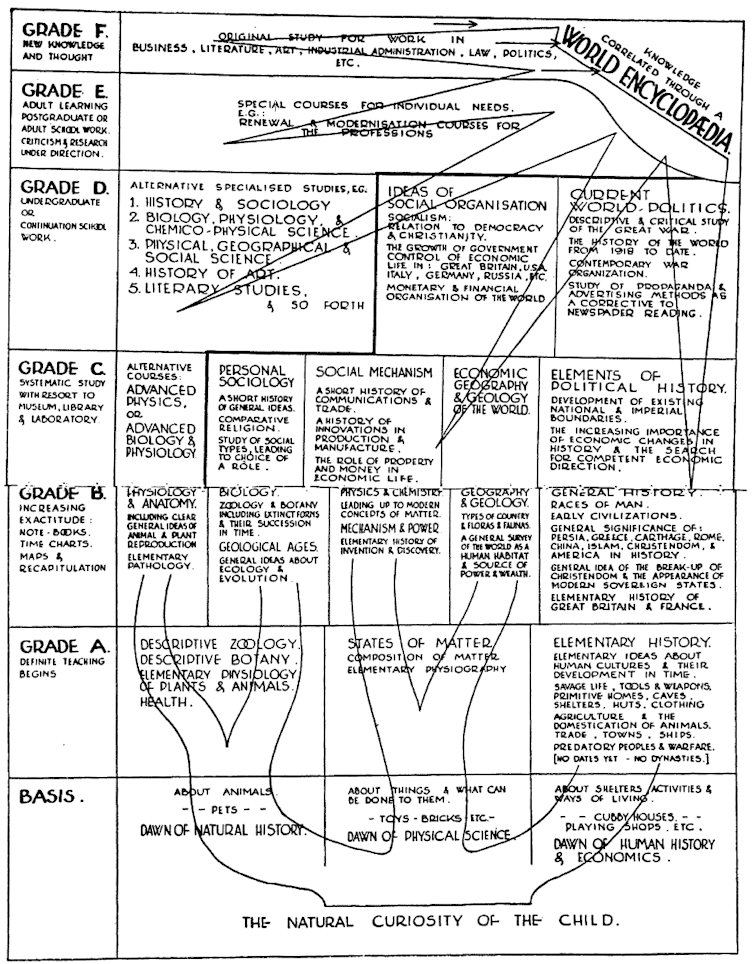Inside the UK’s First Flat Earth Convention
The UK’s first-ever public Flat Earth Convention brought together global speakers, researchers, and enthusiasts for a three-day event in Birmingham. Unlike a simple gathering of conspiracy theorists, the convention featured debates, workshops, scientific experiments, and networking. Attendees were eager to discuss competing flat Earth models, such as the classic flat plane, domes, ice walls, and even cosmic eggs. However, the event focused less on proving a single model and more on challenging mainstream scientific authority.
One of the core themes of the convention was the relationship between power and knowledge. Many flat earthers claim that mainstream institutions—scientific organizations, governments, and media—control information to maintain their power. This idea aligns with the theories of Michel Foucault, a 20th-century philosopher who argued that those in power define what is considered “truth.” The convention’s discussions revealed a growing distrust in centralized knowledge, with attendees advocating for independent research and observable facts over institutional claims.
The Rise of Decentralized Knowledge
In the 21st century, social media has revolutionized how knowledge is shared, creating a world where anyone can publish their ideas. This shift has led to increasing polarization, where different groups no longer agree on basic facts. A 2016 PEW study showed that 80% of Clinton voters and 81% of Trump voters believed the other side had a completely different understanding of reality. Flat earthers argue that platforms like YouTube and blogs have freed people from reliance on experts, allowing them to form their own conclusions.
















No comments